


In an increasingly competitive environment, businesses must strengthen relationships with their partners to sustain a growth trajectory. A well-structured loyalty program to incentivise these channel partners is therefore pivotal.
Besides driving repeat business, loyalty programs are also beneficial in increasing sales and revenue as well as in gaining a deeper understanding of partner behaviours and preferences and utilising this data to devise improved business strategies.
Some loyalty programs also provide access to better training resources and technical support that can help business partners improve their performance thereby enhancing the overall value of the partnership. Additionally, these business partners may also receive exclusive access to new products or special promotions that are yet unavailable in the market.
In 2023, the loyalty program business in India was valued at around $3.4 billion, and is expected to grow to $14.5 billion by 2033.
With loyalty programs playing such a key role in driving business growth by enhancing partner relationships, it is relevant to look into these programs in the context of a few key relationships – the Distributor and Dealer loyalty programs.
Both distributors and dealers play different and distinct roles within the supply chain.

Distributors: They act as an intermediary between the manufacturer and the retailers or other business customers, purchasing large quantities directly from the manufacturers. They play a pivotal role in managing the inventory and logistics of getting the products to the various points in the supply chain.
Dealers: They sell the products directly to the end consumers or businesses. They usually purchase products from distributors or manufacturers in smaller quantities. They are the ones responsible for direct customer service, sales transactions, and localised marketing.
Distributor Loyalty Program: These aim to build a stronger partnership with the manufacturer while encouraging distributors to sell more of the company’s products. Some of the key features include:
Dealer Loyalty Program: They aim to increase sales and brand loyalty at the retail level. Their key features include:
Though they are each aimed at a different partner relationship, the common objective of these loyalty programs is:
While the importance and relevance of loyalty programs in sustaining the continued growth of businesses by helping them strengthen partner relationships has been explained, here’s looking at the importance and need for Distributor and Dealer loyalty programs in particular:
Distributor loyalty programs provide incentives such as volume discounts and rebates. These encourage the distributors to purchase larger quantities boosting sales volume and maintaining steady revenue streams.
Dealer loyalty programs are similar in this respect. The performance-based rewards and commissions help drive retail sales while encouraging dealers to up-sell or cross-sell additional products.
Rewards and support provided by the Distributor incentive programs help make distributors feel more valued. This, in turn, makes them more likely to promote the company’s products.
Dealer loyalty programs operate similarly. The rewards help gain a dealer’s loyalty who is then more likely to prioritise the company’s product over the competition.
A well-structured Distributor loyalty program can set your distribution network apart from competitors making your product offerings more attractive.
Dealer loyalty programs can also help in increasing your company’s market share. Incentivising dealers can help you to increase your market presence and competitive edge in the retail space.
Distributor incentive programs can help you gain insights into distributor purchasing patterns and performance, which can help in inventory management. This data can also be used to tailor incentives and rewards to the specific needs and behaviours of your distributors.
Dealer loyalty programs can help understand the sales trend. By monitoring dealer performance, you can identify these trends and adjust your sales strategies accordingly. Additionally, by utilising the dealer performance data, you can refine and upgrade your marketing tactics.
The training and resources provided by Distributor loyalty programs help distributors improve their operations and better represent your brand. Also, performance-based rewards incentivise distributors to achieve higher operational targets.
Similarly, the training provided by Dealer loyalty programs helps dealers improve their sales skills and product knowledge. Rewarding the best practices in sales and customer services also helps increase competitiveness in the space.
Distributor loyalty programs help incentivise distributors to be more active in marketing your products thereby increasing your brand’s visibility in various markets.
Similarly, incentivising dealers through loyalty programs will ensure that they increase your brand’s awareness and preference among end consumers.
Incentives and rewards help to keep the distributors and dealers motivated, making them less likely to switch to competing brands.
Distributors who feel valued are more likely to provide constructive feedback, which can drive product and process improvements. Similarly, dealers can provide insights into customer preferences and market trends, aiding product development and innovation.
Therefore, both the distributor and dealer loyalty programs are valuable in driving increased sales, enhancing partner engagement, providing valuable insights, and offering a competitive edge, all of which contribute to long-term business success.
Loyalty programs in this industry often target wholesalers and contractors. Rewards can include bulk purchase discounts, marketing support, and access to new product lines. This helps maintain a steady flow of product sales and supports market expansion.

Rewards in the technology and software industry may include performance bonuses, training resources, and early access to new software updates. This helps expand market reach and enhance partner engagement. Electronics companies can include rewards such as promotional allowances, rebates, and early access to new product releases. These programs aim to increase product placement and visibility in a competitive market.

In this industry, companies use loyalty programs to incentivize distributors and dealers to stock and sell their products. Rewards might include volume discounts, marketing support, and special promotions.

Loyalty programs motivate wholesalers and distributors to promote and distribute their products. Programs may offer rewards based on sales volumes or timely orders, and provide access to marketing materials and training. This ensures effective distribution and adherence to regulatory standards.

Automotive manufacturers often use loyalty programs to strengthen their relationships with dealerships. Programs can include incentives based on sales performance, access to exclusive training, and marketing support. This helps dealerships boost sales, enhance customer service, and maintain brand consistency.

In each of these industries, loyalty programs are tailored to the specific needs and dynamics of the market, aiming to build stronger partnerships, drive sales, and enhance overall business performance.
Within the Technology industry, Cisco’s tiered loyalty program for resellers and distributors offers rewards based on their performance, certifications and participation in Cisco’s training programs. Benefits include access to exclusive product lines, marketing funds, special rebates, technical support and related resources.
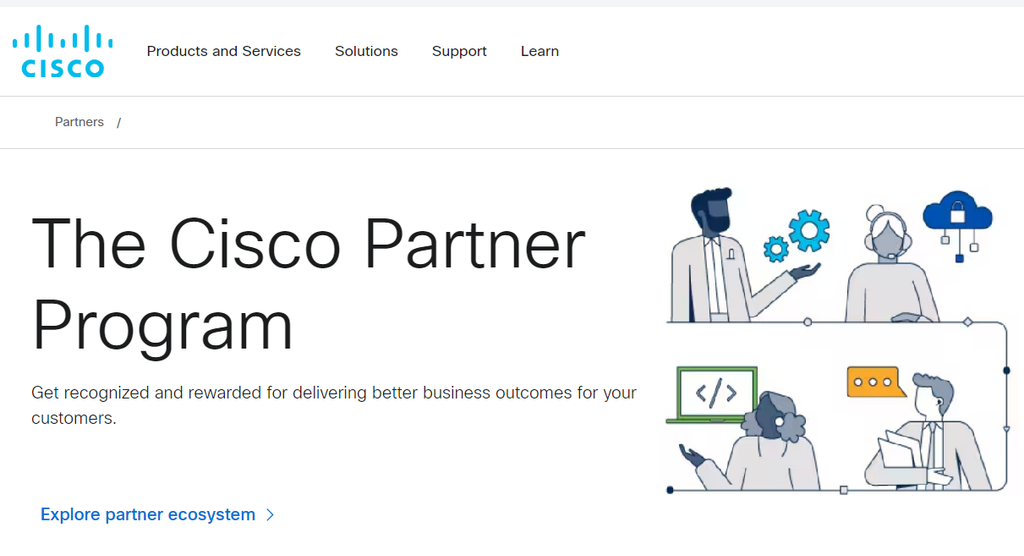
Within the medical devices and healthcare industry, Philips’ distributor loyalty program provides rewards based on sales achievements, product training, and compliance with Philips’ standards. Benefits include performance bonuses, exclusive product access, and marketing support to help distributors effectively promote Philips products.
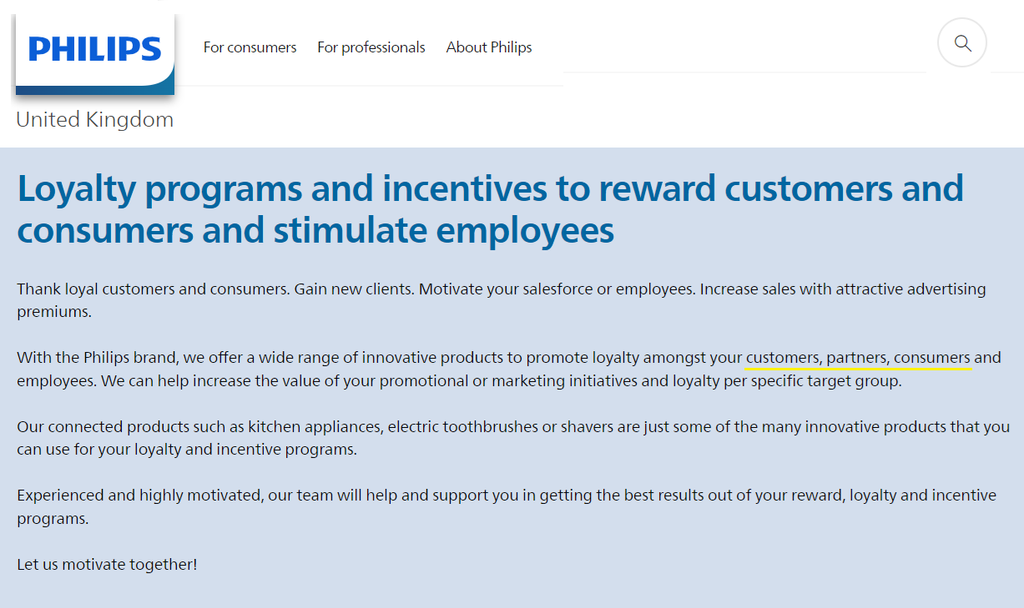
To incentivise retailers to prioritise Unilever’s brands over competitors, this loyalty program rewards retailers for achieving specific sales targets and maintaining high inventory levels. Retailers can receive cash bonuses, marketing support, and exclusive access to new products.
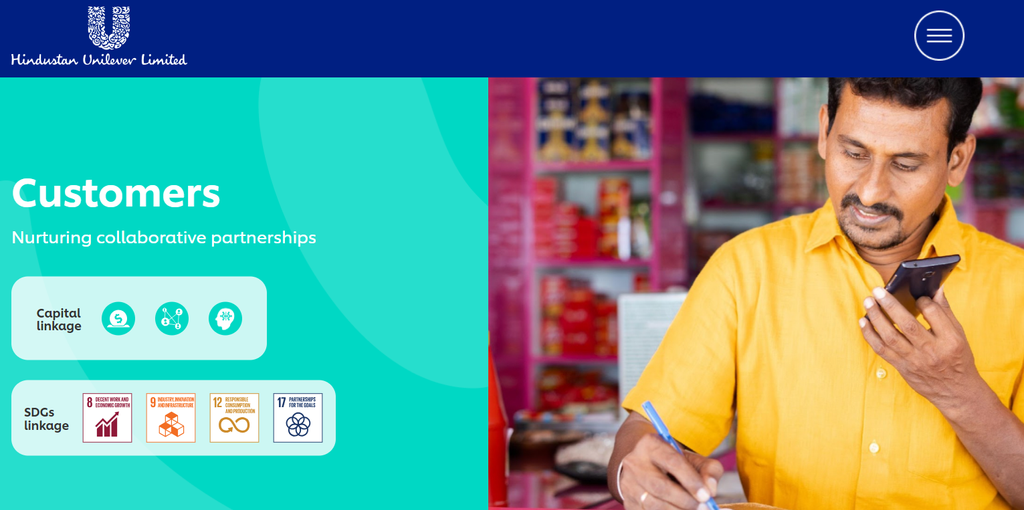
This program in the construction and building materials sector, rewards members on purchases, provides exclusive offers, and access to specialised services like bulk pricing and job site delivery. The program also provides tools for managing invoices and purchase history, enhancing convenience for professional users.
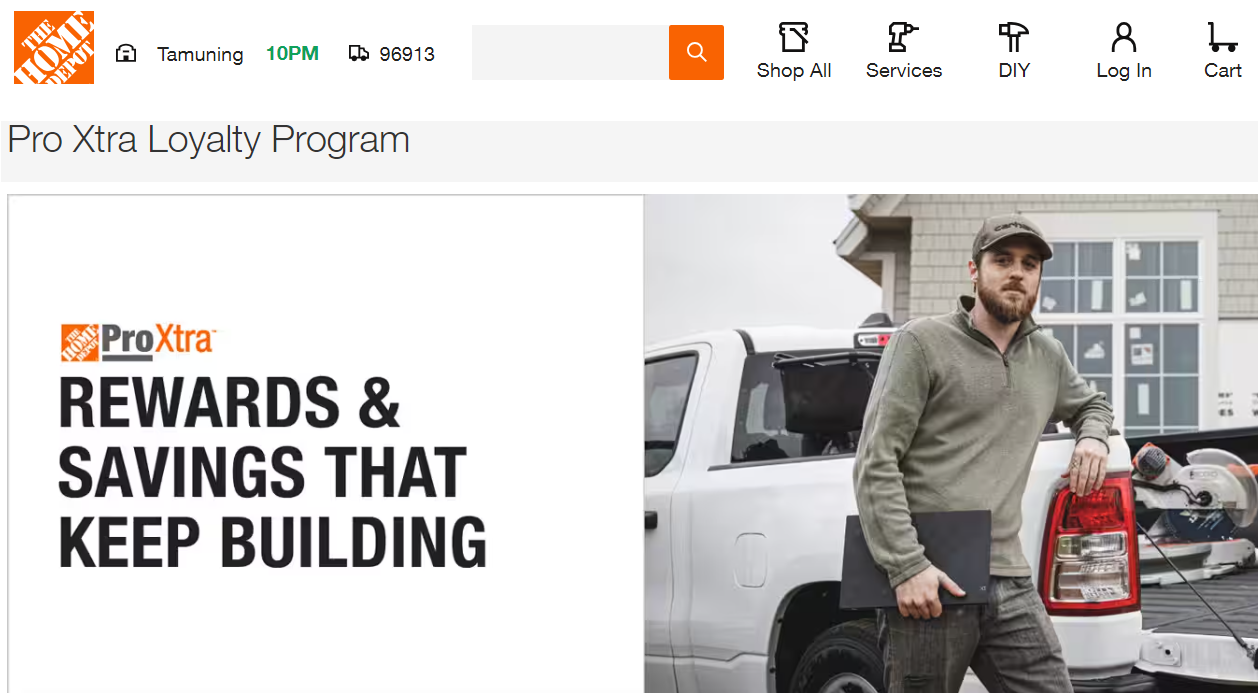
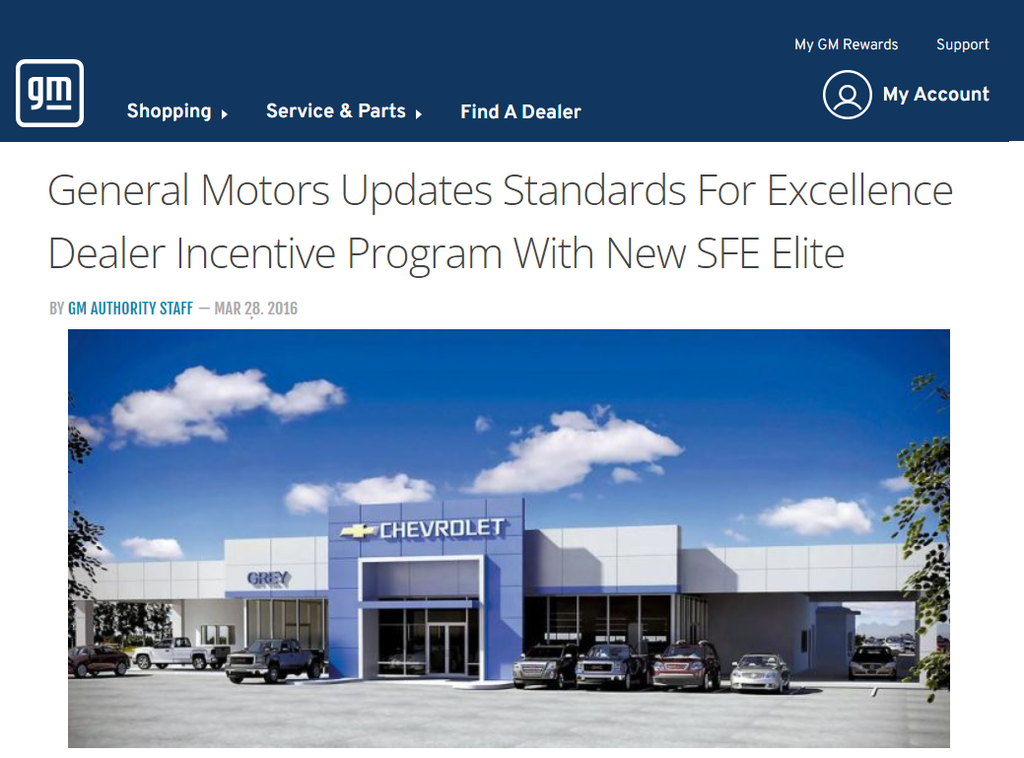
It rewards dealers based on their sales performance and customer retention rates. Dealers can earn incentives such as cash bonuses, marketing funds, and exclusive access to new vehicle models.
These examples demonstrate how companies use supplier incentive programs to enhance sales, improve customer satisfaction, and foster long-term relationships with their channel partners.
Conclusion:
The dealer and distributor loyalty programs are vital for optimising sales channels, strengthening business relationships, and achieving sustainable growth. They ensure that partners are motivated, well-supported, and aligned with the company’s goals, ultimately contributing to a more robust and successful business ecosystem. To learn more about the various loyalty programs and products, vist our blogs .